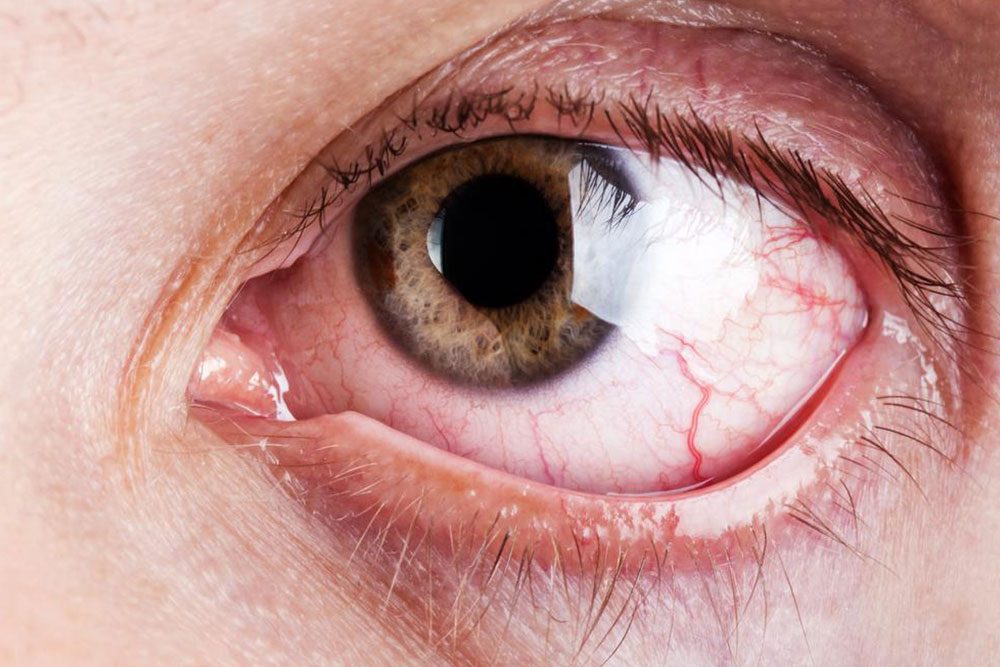Recognizing and Managing Graves' Disease: Key Symptoms and Causes
This article explains the key symptoms and underlying causes of Graves' disease. It highlights the importance of early diagnosis and various treatment options, including medication and lifestyle changes. Understanding the signs can help individuals seek timely medical care, preventing complications of this autoimmune thyroid disorder.

Graves' disease is an autoimmune disorder that leads to an overactive thyroid, causing excessive hormone production. It mostly affects women around 40 but can also occur in men. The exact cause remains unclear, complicating prediction. Thyroid hormones impact body temperature, mental health, and nervous system function, making early diagnosis vital. Without treatment, symptoms like weight loss, mood swings, fatigue, and rapid heartbeat can worsen. Early detection allows for effective management of this complex condition.
Common signs include sweating, weight reduction, irregular heartbeats, tremors, anxiety, heat intolerance, digestive issues, mood changes, goiter, menstrual irregularities, and sleep problems. Less common symptoms involve eye and skin issues—namely Graves' ophthalmopathy and dermopathy. Eye symptoms such as protrusion, discomfort, sensitivity, redness, and vision problems are experienced by about 30% of patients. Skin thickening on shins is also noted.
Diagnosis typically involves endocrinology consultations with blood tests, imaging, and physical examinations. Treatment options include anti-thyroid drugs, radioiodine therapy, and rarely, surgery. Lifestyle and dietary modifications support recovery. Prompt medical advice is crucial if symptoms appear, ensuring proper treatment and management.


